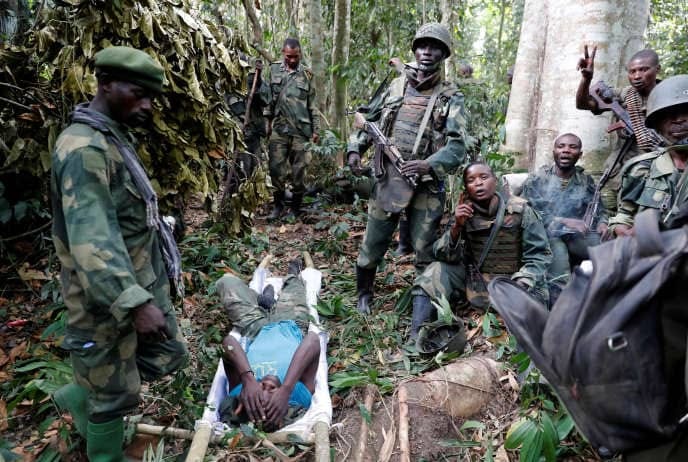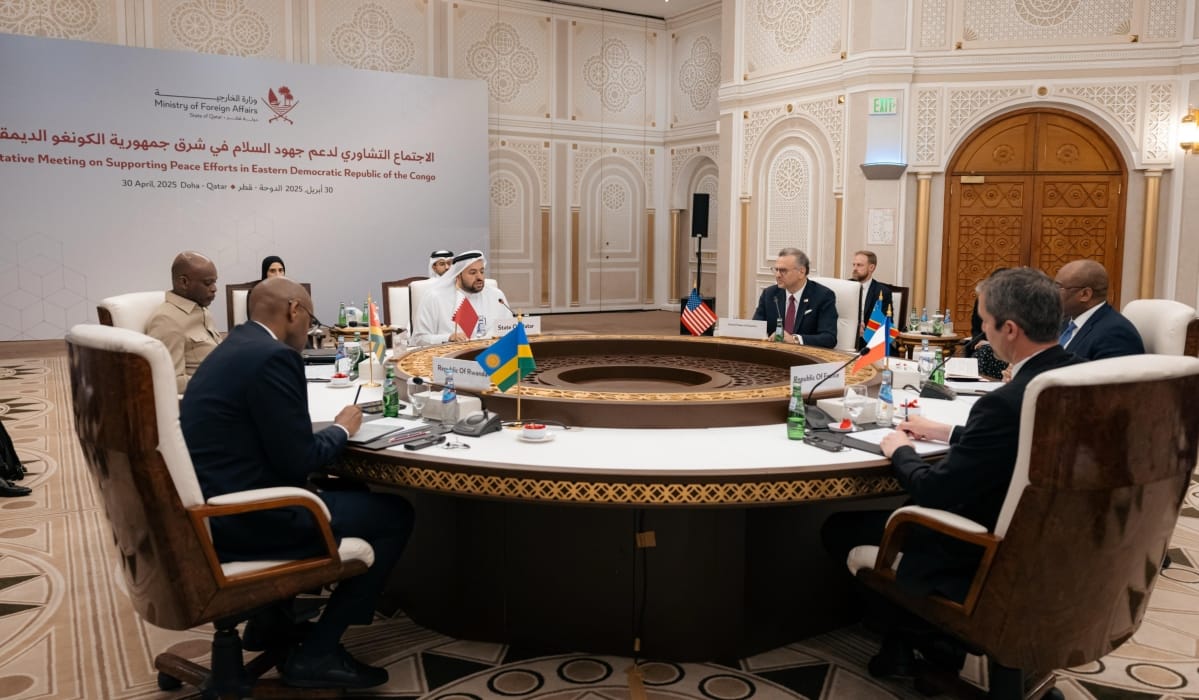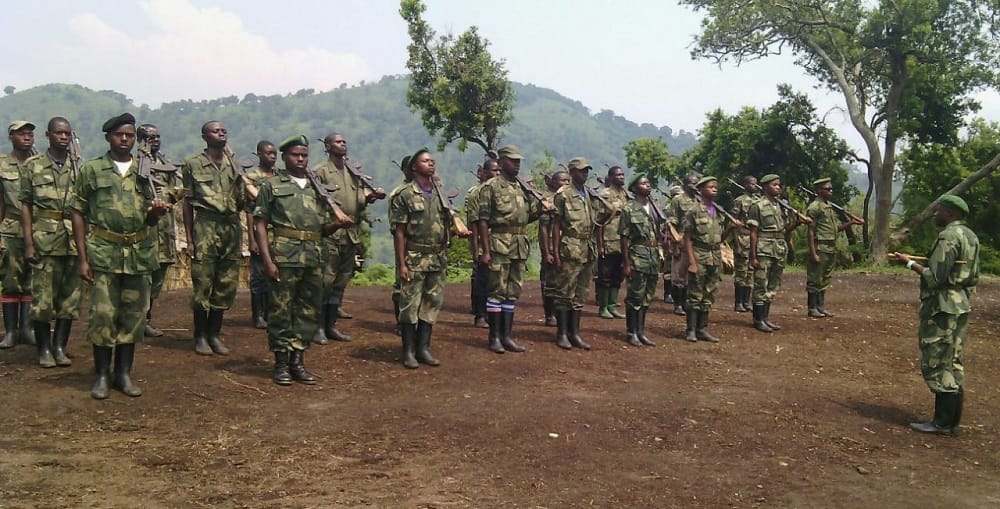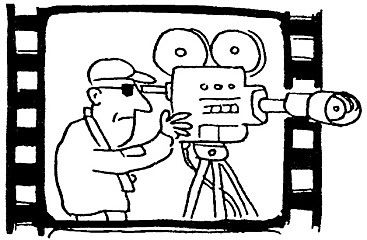No news, is that good news? Or are we rather dealing with bad news?

Currently, there is little information to report about the Kivu region in the Democratic Republic of Congo: the recent negotiations in Doha have only yielded what they could produce—namely, a rather superficial conclusion on which each of the protagonists could draw their own lessons, without addressing the true, crucial issues. In principle, discussions are expected to resume from August 8, when negotiations will be relaunched in Doha. Around August 16, all details should be discussed so that Donald Trump can, by the end of the month, present a final peace agreement between Rwanda and the DRC. On paper, this sounds very promising, but many are questioning whether it will be feasible in practice. Others fear that even if an agreement is reached, it will remain extremely fragile.
No one is willing to provide further explanations on what is currently unfolding. For Kinshasa, it is now clear that the M23 must withdraw from the area they have liberated and that the authority of the central state must be restored. The M23 claims this has not yet been discussed, but for most of its members, it is inconceivable that they would cede their positions to the former local leaders. However, other agreements have been signed in Doha: Kinshasa commits to releasing 700 political prisoners before the second round of negotiations, scheduled for next week, and a ceasefire has reportedly been agreed upon to halt hostilities. But these commitments are only partially honored, if not completely.

Meanwhile, military mobilization around Uvira continues both sides of the front. The FDLR is also carrying out a new operation aimed at destabilizing the plains around Rutshuru, under the command of their sponsors based in Kinshasa. There is no longer any talk of neutralizing the FDLR, even though, according to previous agreements, this step should have already been initiated last week. A few days ago, M23 announced it would not send representatives to Doha if the 700 prisoners are not released in Kinshasa, but a high-ranking official within the organization confided behind the scenes that this threat is merely a pressure tactic. All of this remains very vague, and the limited information coming from Kinshasa, Goma, or Kigali only amplifies the sense that peace negotiations are at a standstill, serving mainly to boost the image of a Nero-like president in Washington. Today, he was able to parade around with a supposed peace agreement between Thailand and Cambodia, boasting about being a true ambassador of peace.

“I’m currently having a hard time establishing regular contacts and getting them to speak in Kinshasa and Goma,” confides an observer colleague. “I think in Kinshasa they are beginning to realize that this project could also harm them: the Americans are primarily interested in minerals, and if they can get their hands on them by continuing dialogue with Rwanda or the new leadership in Goma, Tshisekedi will have a tough time. The Congolese president is perceived, both by allies and adversaries, as a very uncertain and incapable partner. In Kigali, they observe the scene in silence while M23 dominates the terrain. I also wanted to write something about this, but I prefer to wait until I have more information before doing so.”
“Over the past few days, the news in the DRC has mainly been marked by the terrorist actions of ADF-Nalu, between Bunia and Beni,” adds another observer. “They have killed more than 40 innocent civilians in that area. The fact that information about negotiations between M23 and the Kinshasa authorities is being concealed is not a good sign. It also suggests that they probably don’t know what to do with it, and from what I hear, they attach little credibility to it. Both Kinshasa and Goma have a very bad reputation in the international press regarding the reliability of the information they disseminate, and verifying these data on the ground is both difficult and costly. These two capitals are generally viewed by most journalists as not very friendly to the media. No, I don’t see how all of this could end well.”

I wrote this article mainly in response to the numerous calls from our readers asking what is really happening and why there is suddenly so little information. I cannot provide a satisfactory answer because, due to logistical reasons and mainly because none of the parties involved is willing to have prolonged behind-the-scenes discussions, I don’t know how this story will end. But to be honest, I don’t see this evolving in a positive direction. We will continue this analysis once the fog clears.
Marc Hoogsteyns
Kivu Press Agency
